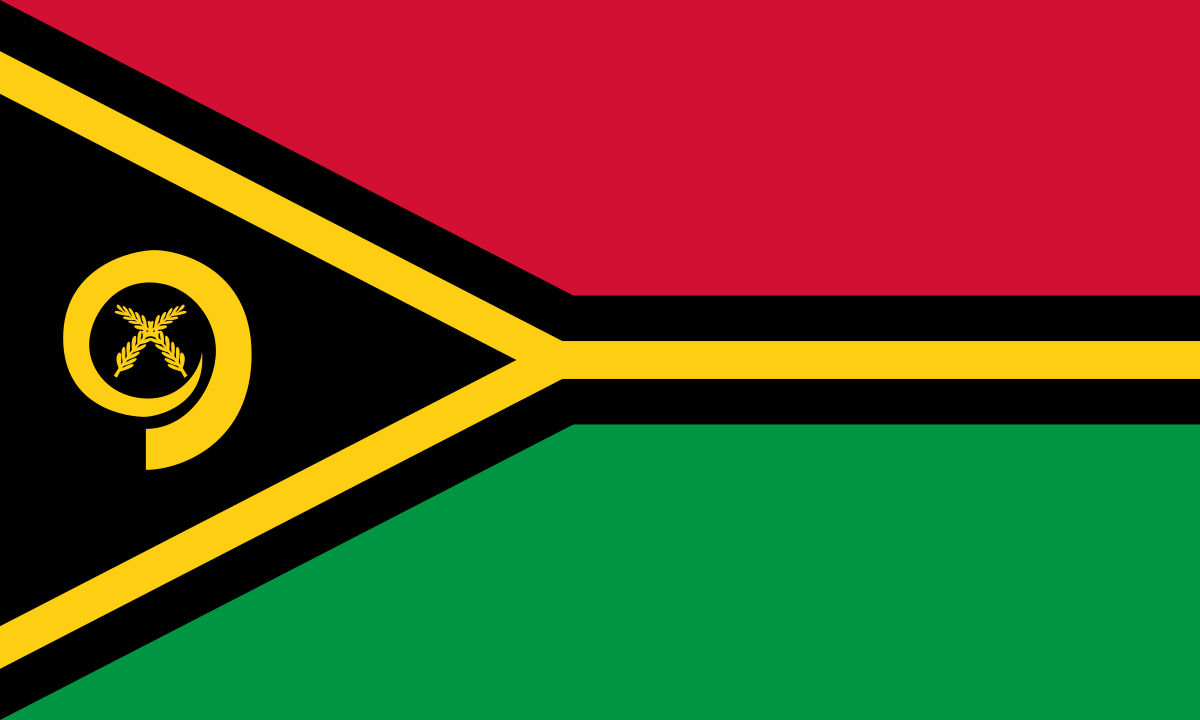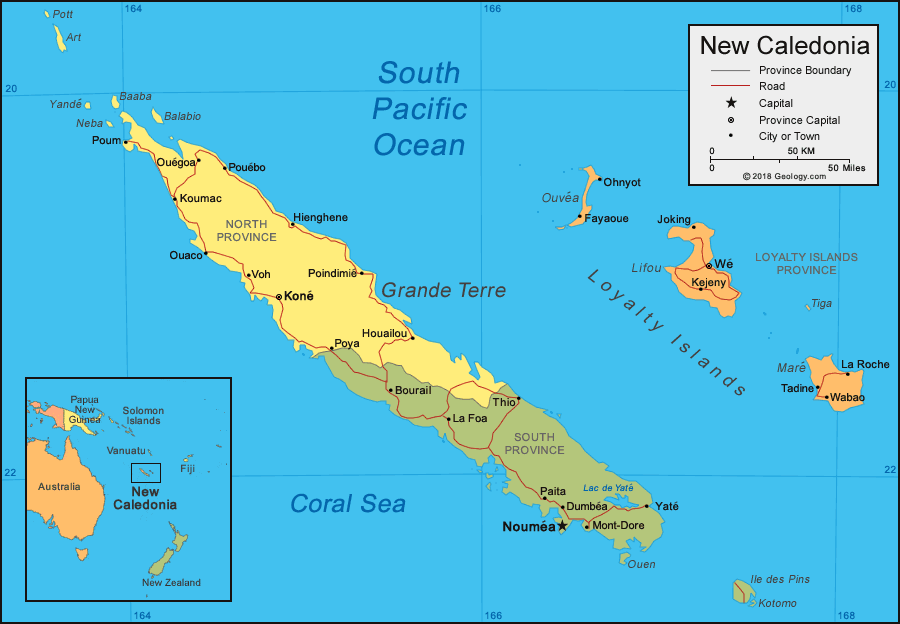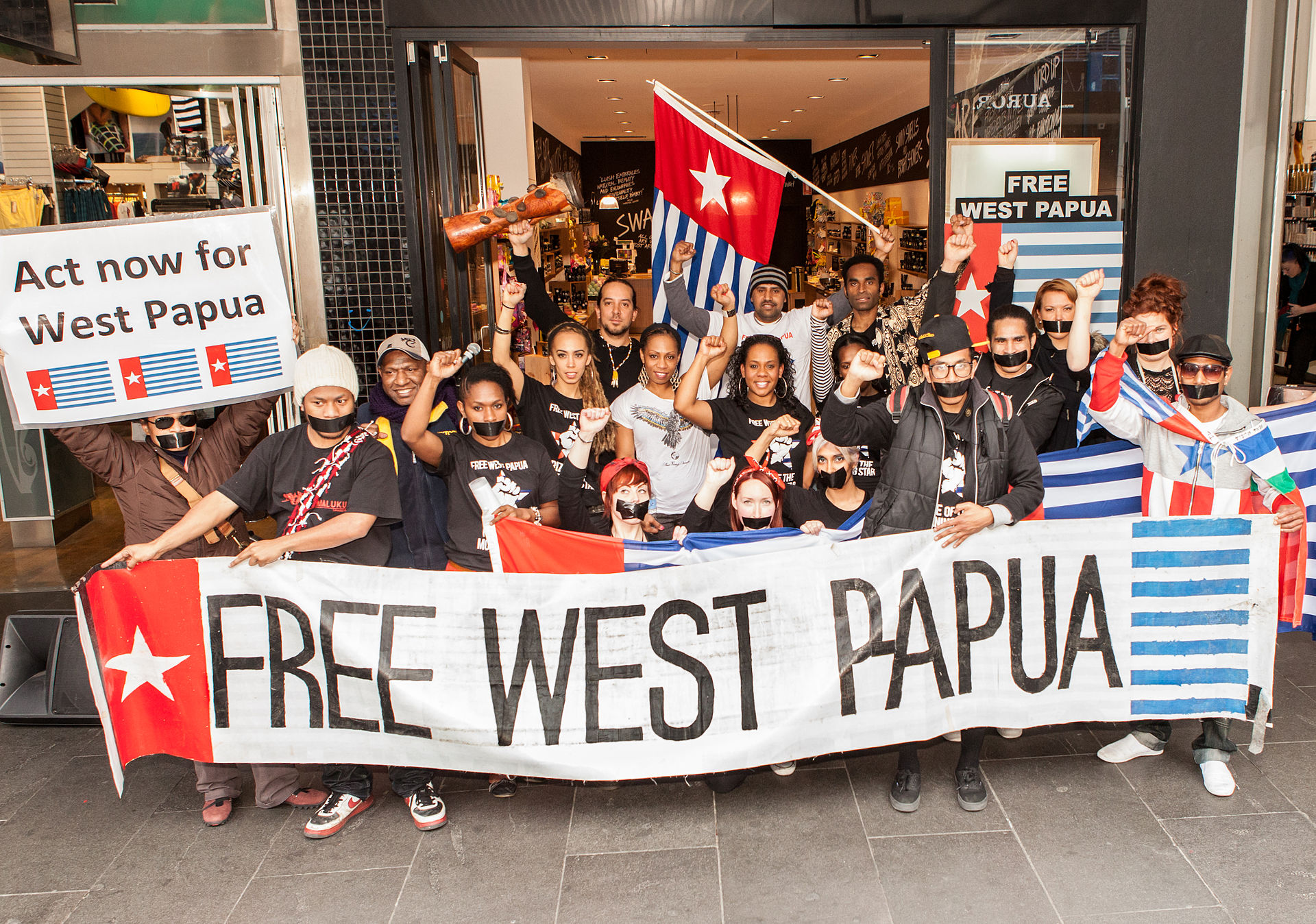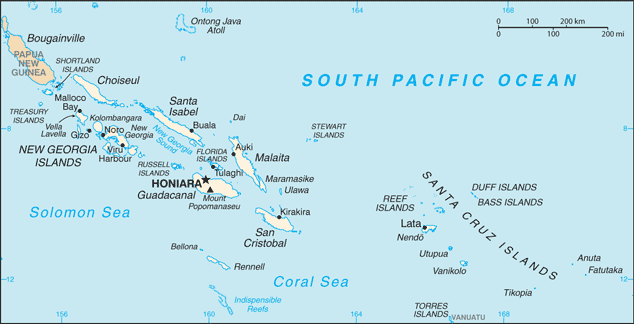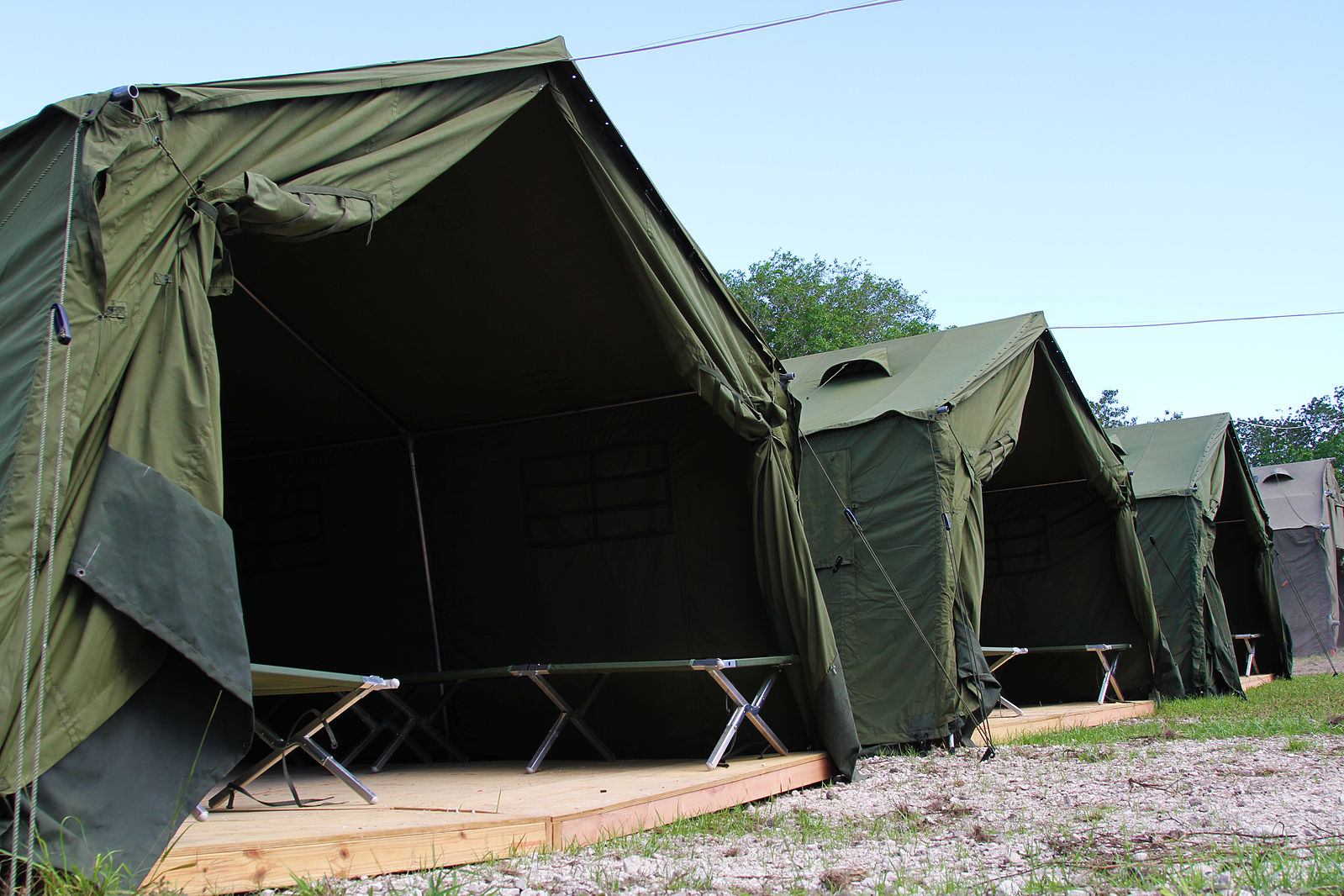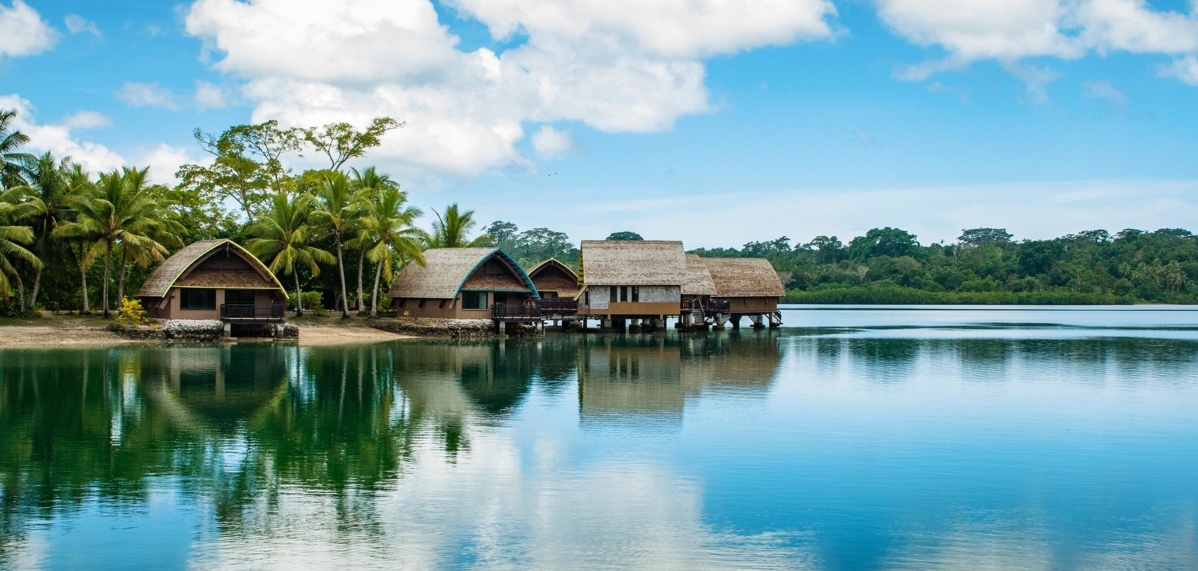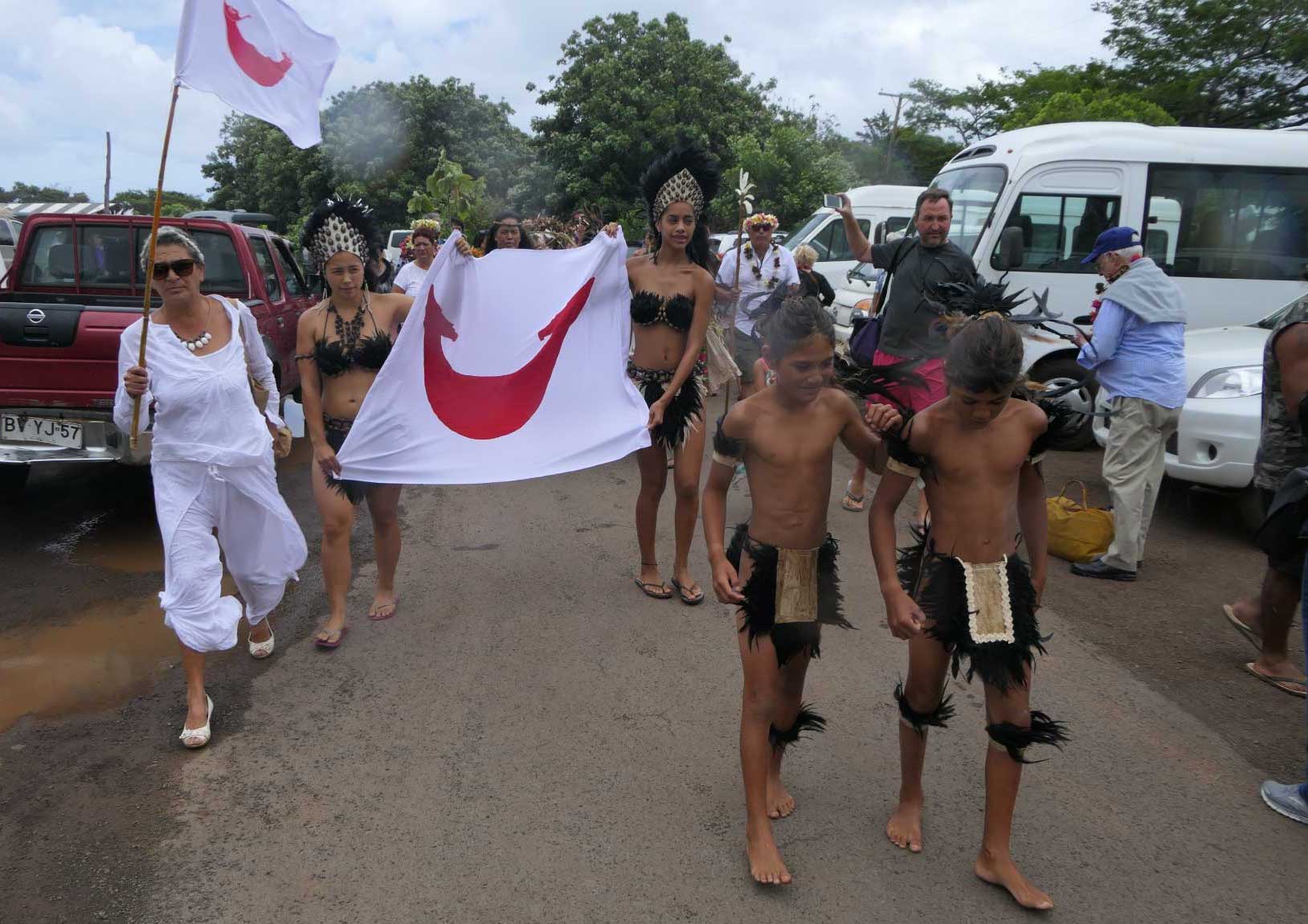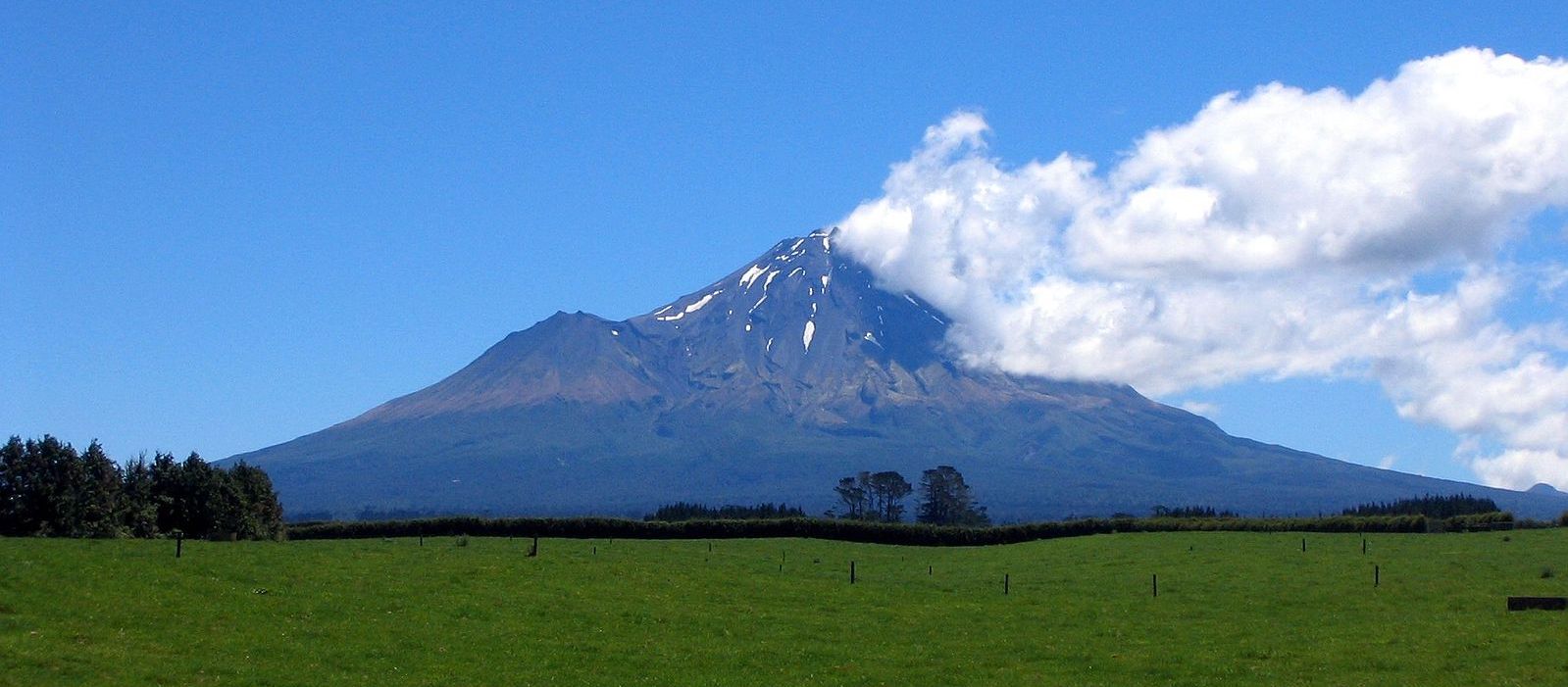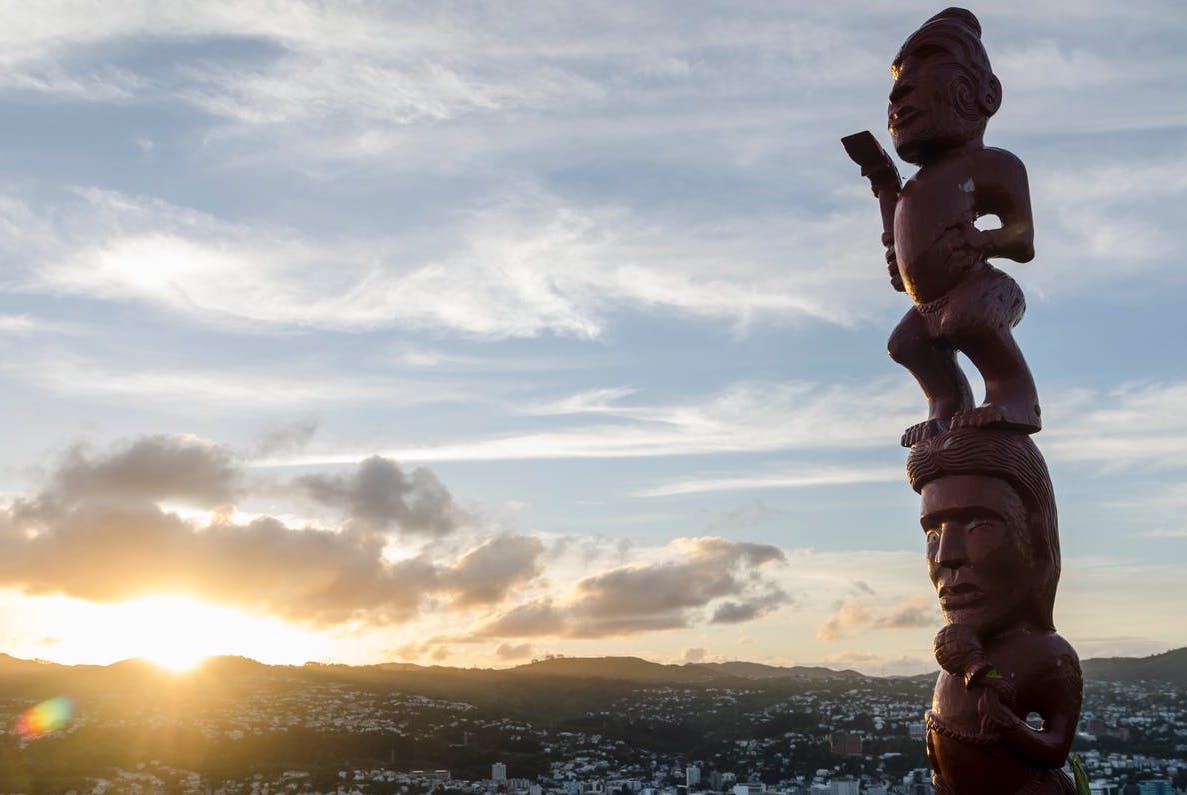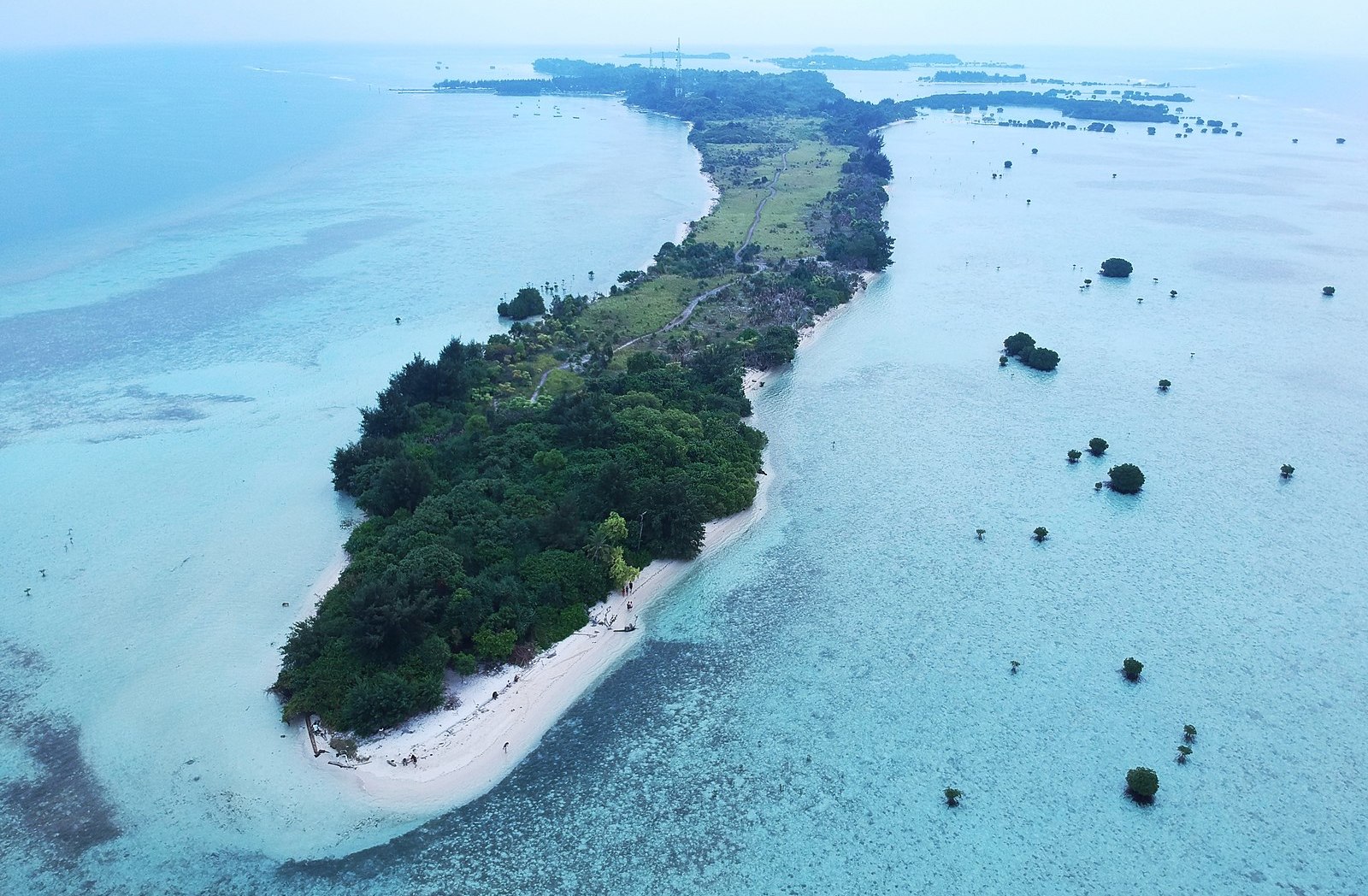
Indonesian islanders sue corporation over climate change
Four residents of the Indonesian island of Pulau Pari filed a lawsuit against Swiss cement giant Holcim over the effects of climate change on the island. Swiss Church Aid (HEKS), the European Center for Constitutional and Human Rights (ECCHR) and the Indonesian Forum for Environment (WALHI) are backing the suit brought in the Swiss courts. The residents claim that climate change has caused rising tides and devastating floods. HEKS warns that the island will be underwater by 2050 if nothing changes. According to a study from the University of Massachusetts, Holcim is the 48th biggest global polluter. A report from the Climate Accountability Institute finds that Holcim emitted seven billion tons of CO2 from 1950 to 2021—more than twice as much as the entire country of Switzerland. Said one plaintiff: “If Pari is submerged, where are we to go, where are we to live?” (Photo: Wikimedia Commons)



